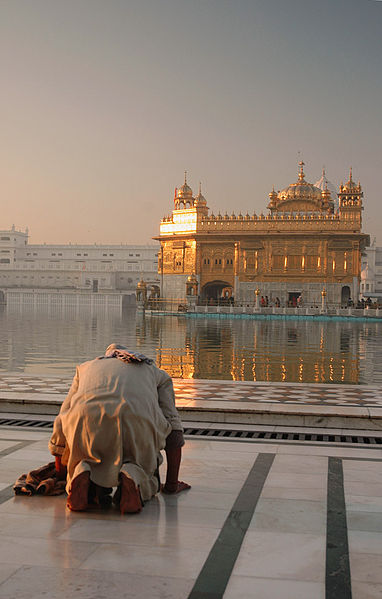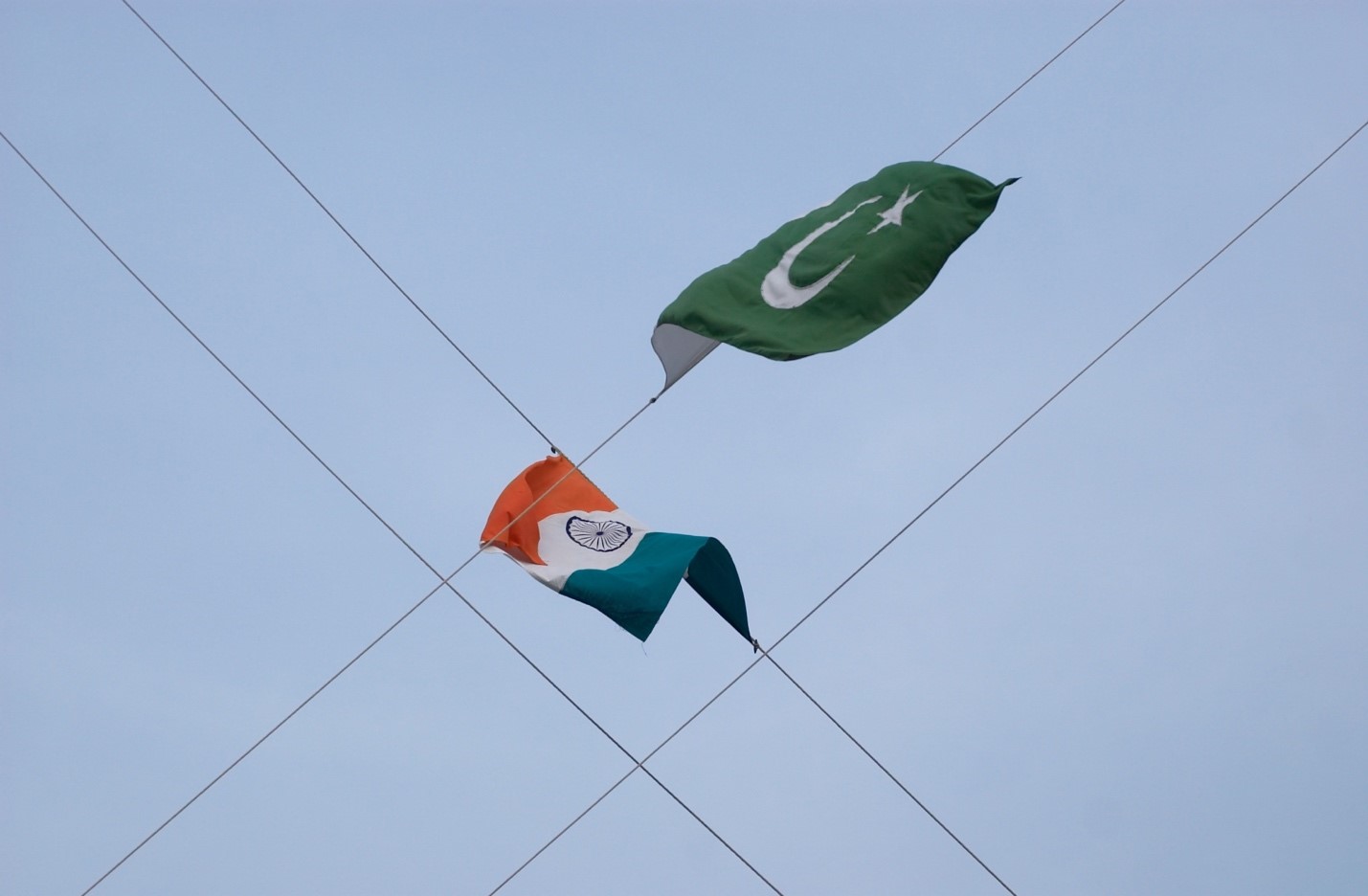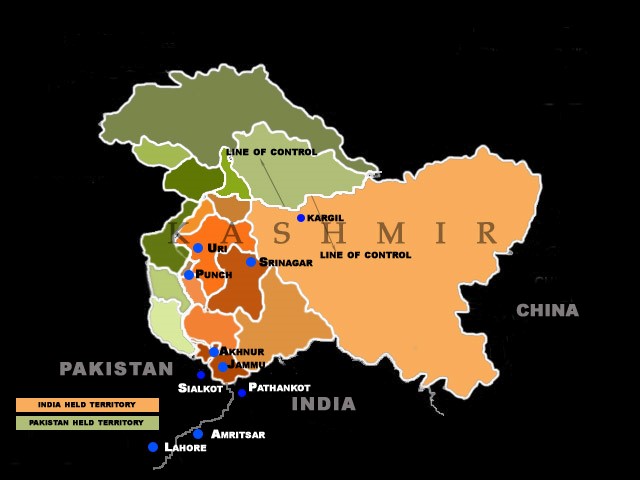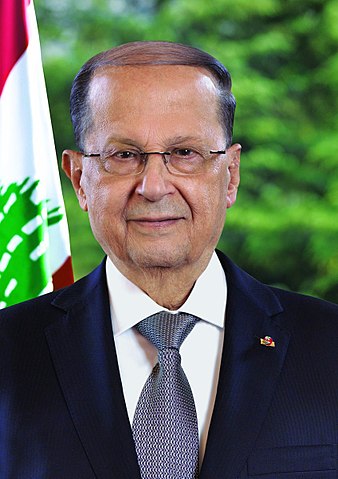Warring parties in Yemen agree to their largest prison swap
(Photo of Yemeni soldiers from the 1st Armoured Division in 60st. , Sanaa 22 May 2011)
Warring parties in Yemen have agreed to a prisoner exchange of 1081 people, the largest exchange since late 2018, as part of a trust-building programme which aims to revive peace negotiations, the UN reports.
UN Envoy Martin Griffiths told Reuters;
“It’s very rare to have prisoner releases of this scale during the conflict, that they mostly happen after a conflict,”
He further stated that the details of the exchange are being finalised by the International Committee of the Red Cross which is undertaking the organisation of the transfer.
Griffiths maintains that the overall aim is to “bring an agreement on what we call a joint declaration which is a national ceasefire to end the war in Yemen”. This would be accompanied by measures to open ports, airports, and roads.
The Yemeni government, backed by a Saudi-led military coalition, and the Iran-aligned Houthi movement they have been battling for over five years signed a deal in late 2018 to swap some 15,000 detainees split between both sides but the pact has been slowly and only partially implemented.
Yemen’s conflict
The conflict in Yemen began in late 2014, following a coup by Houthi rebel which prompted a Western-backed intervention in March 2015.
Yemen’s government is backed by a Saudi-led military coalition whereas the Houthi rebels are supported by Iran. The conflict has persisted for over five years with the Houthis holding the capital city of Sanaa and most big urban centres.
In late 2018 a deal was made for the exchange of 15,000 detainees however the agreement has been slow to process and only partially implemented.
Reuters has reported that the first phase of the agreement would release 400 people, including 15 Saudi soldiers and four Sudanese, while the coalition would free 681 Houthi fighters in the largest swap since the peace talks in Stockholm in December 2018.
Read more from Reuters.




.jpg)






.jpg)


.jpg)

 An 11-year-old Pakistani girl was killed, and four others critically injured after “unprovoked firing” by Indian troops along the line of control in Kashmir, reports Pakistan’s military.
An 11-year-old Pakistani girl was killed, and four others critically injured after “unprovoked firing” by Indian troops along the line of control in Kashmir, reports Pakistan’s military. 


_(34155034510).jpg)